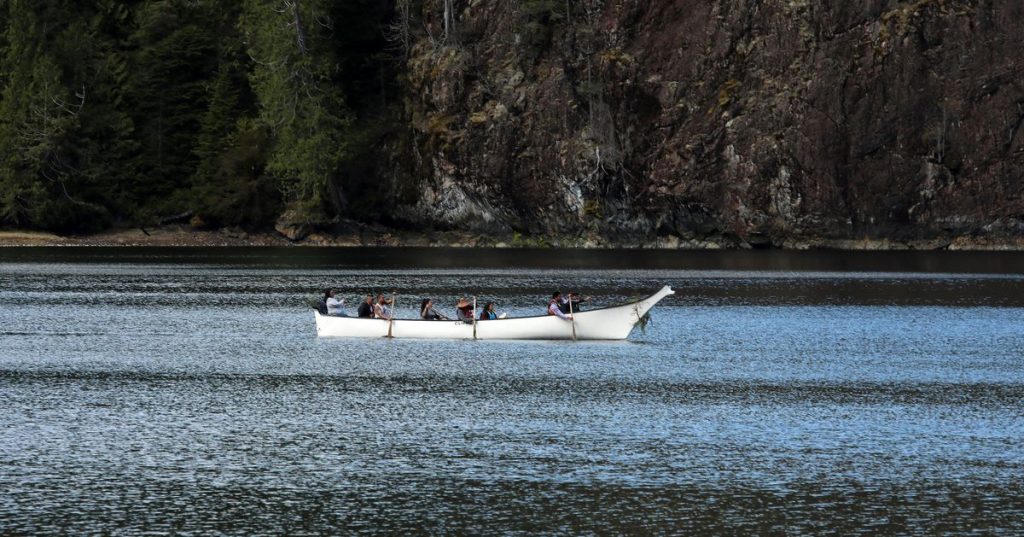A killer whale, named Springer, was found stranded in a remote lagoon off the coast of Vancouver Island. She was an orphan, separated from her family pod, and in need of rescue. However, capturing her has proven to be a challenging task for the rescuers. Despite their efforts to catch her using nets and sedatives, Springer has managed to evade capture multiple times. The rescuers are hesitant to use forceful methods to catch her, as they do not want to harm or stress her further.
The orphaned killer whale, Springer, has attracted a lot of attention from concerned individuals and organizations who are eager to help her. The rescuers are working tirelessly to come up with a safe and effective plan to capture her and transport her to a facility where she can receive the necessary care and rehabilitation. However, they are facing obstacles due to the remote location of the lagoon and the unpredictable behavior of the whale. Despite these challenges, the rescuers remain committed to ensuring Springer’s well-being and reuniting her with her family pod.
Springer’s situation highlights the complex issues surrounding the rescue and rehabilitation of stranded marine mammals. Killer whales are highly intelligent and social creatures, and their well-being is closely linked to their family groups. Separation from their pod can have serious consequences for their physical and mental health. The rescuers are mindful of these factors as they work to capture and care for Springer, taking into consideration her behavior and well-being throughout the process.
Efforts to rescue and rehabilitate stranded marine mammals require careful planning and coordination among various agencies and experts. In the case of Springer, a team of researchers, veterinarians, and marine mammal experts are working together to devise a strategy for capturing and transporting her to a facility where she can receive the necessary care. This collaborative approach is essential for ensuring the success of the rescue mission and the well-being of the stranded killer whale.
The challenges faced by the rescuers in capturing Springer underscore the difficulties of working with wild animals in unpredictable and remote environments. Despite their best efforts, the rescuers have been unable to secure the whale, highlighting the need for patience and perseverance in such situations. The safety and well-being of the whale remain top priorities for the rescue team, who are exploring alternative methods and strategies to facilitate her capture and transport.
Ultimately, the story of Springer the orphaned killer whale serves as a reminder of the importance of conservation efforts and the need to protect marine mammals and their habitats. The rescue mission to save Springer is a testament to the dedication and passion of those who work tirelessly to ensure the well-being of wildlife in distress. By working together and utilizing their expertise, the rescuers hope to successfully capture and rehabilitate Springer, ultimately reuniting her with her family pod and ensuring her continued survival in the wild.








